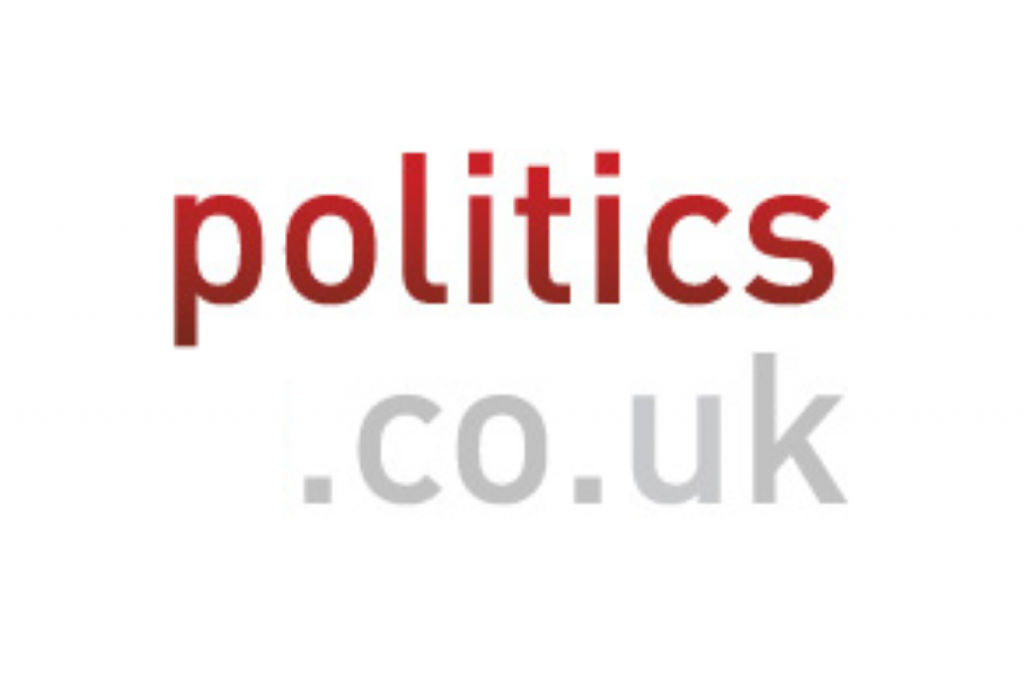Blair: We must be ‘change-makers’
Tony Blair today challenged his party to be “change-makers” in a rapidly changing world to secure a fourth election victory.
The world had moved on since May 1st 1997 when New Labour came to power, “so now in turn, we have to change again,” he said.
He said the challenge was not about changing the party’s values, but about how they are “put into practice in a world fast forwarding to the future at unprecedented speed”.
Mr Blair told the Labour party conference in Brighton that it was a “privilege” to be prime minister of a country that showed “indomitable” spirit in the face of the London bombings.


And he paid tribute again to the London 2012 Olympic win, telling delegates “what won it was London itself”.
He also welcomed news that the IRA had decommissioned its weapons, and said all the hours of endless negotiation in Northern Ireland would have been worth it if it brought lasting peace to the country.
On Iraq, the prime minister remained resolute, insisting that the way to bring peace to the country was not to retreat or withdraw.
Much of the build-up to this year’s Labour conference has focused on the leadership of the party, with Mr Blair having revealed that he would not lead the party into a fourth general election.
But as he set out the challenges facing the party over the next five years, the prime minister gave no indication that he was planning to step down soon.
Instead he challenged the party to change again to meet the challenges of the 21st century: “The world is on the move again: the change in the early 21st century even greater than that of the late 20th century,” he said.
“So now in turn, we have to change again. Not step back from New Labour but step up to a new mark a changing world is setting for us.”
But he stressed that it was not values, but policies that needed to change to meet the challenge of globalisation.
“Values don’t change. But times do. And now, as before, our values have to be applied anew in changing times,” he told delegates.
“The challenge is policy and not just item by item, but attitude by attitude, direction by direction, in the bold strokes that define the picture not only the small movements that paint the detail.”
He said that nations were not built by dreamers, but by the patient courage of the change-maker.
“That’s what we have been in New Labour. The change-makers. That’s how we must stay. Then the fourth election can be won and the future will be ours to share.”
On global terrorism, he stressed that those who carried out the attacks on London did not represent the “decent, humane and principled faith of Islam”.
He said terrorism was at its worst in Iraq, but stressed that Britain would not pull out, insisting “the way to stop the innocent dying is not to retreat, to withdraw, to hand these people over to the mercy of religious fanatics or relics of Saddam, but to stand up for their right to decide their government in the same democratic way British people do”.
Turning to some policy specifics, Mr Blair stressed that education remained the government’s number one priority.
He pledged to open up a “new frontier of the welfare state” over the next few years, providing “affordable, wrap-around childcare”.
He also promised action on pensions and global warming “because it is too serious for the world any longer to ignore its danger”.
The government would consider its energy options, including civil nuclear power; while on transport proposals would include road pricing.
Mr Blair also reaffirmed his desire to press ahead with the choice agenda, because it was “too important to be the monopoly of the wealthy”.
And he pledged further radical reforms, because “every time I’ve introduced a reform in government I wished I’d gone further”.
On the NHS, reforms would continue so that by 2008 it would, for the first time in its history, offer booked appointments with a maximum wait of 18 weeks.
The new education white paper, he said, would open up the system to new providers and new partners because “the greatest injustice is when education is the preserve of the privileged”.
On the criminal justice system, he also pledged reform because at present it was using 19th century methods to fight 21st century crime.
For a list of Opinion Former fringe events at the Labour conference click here.

